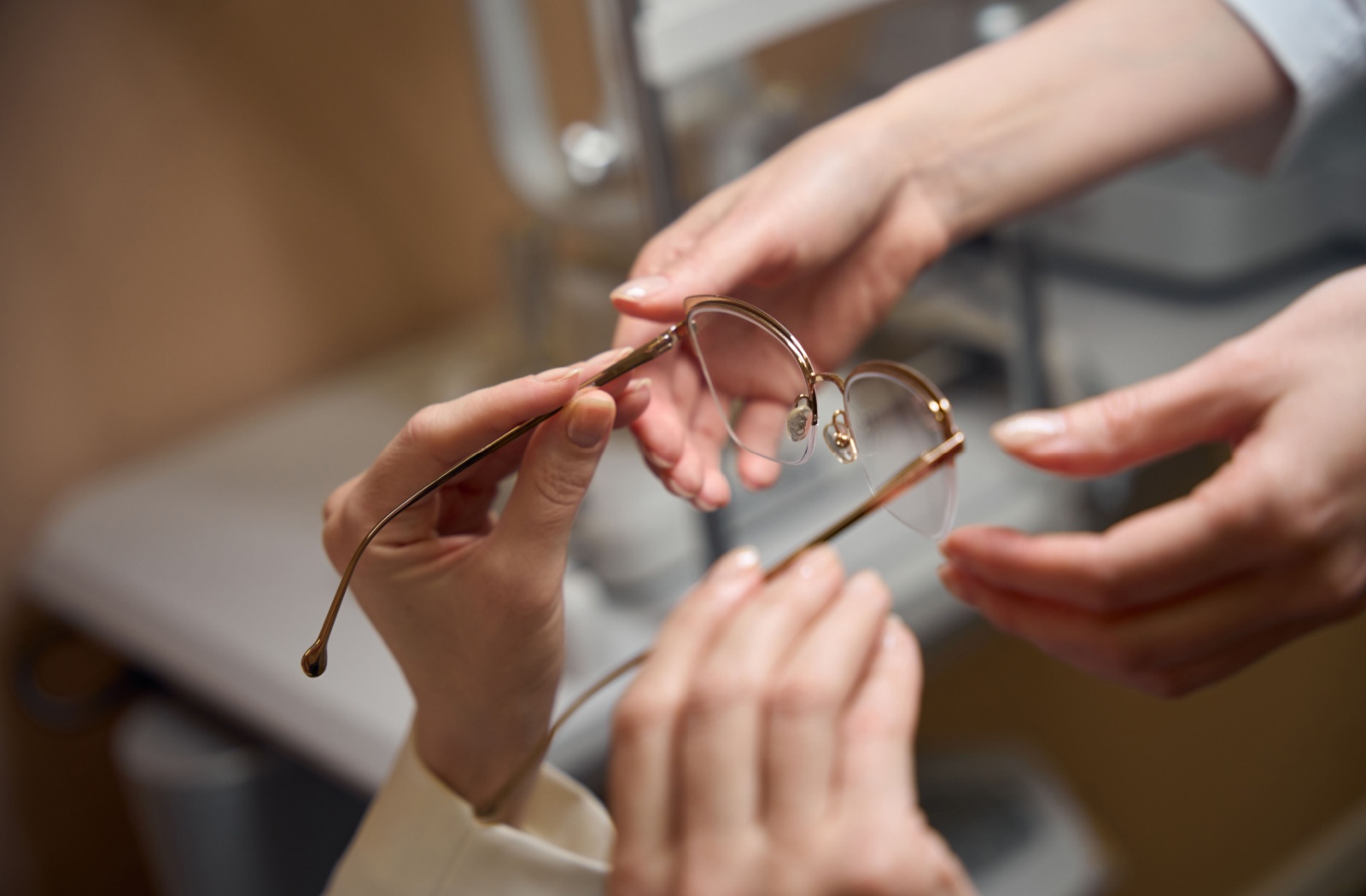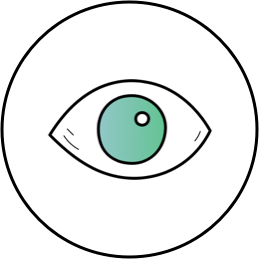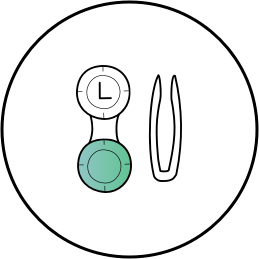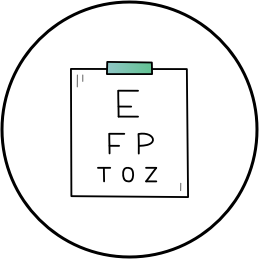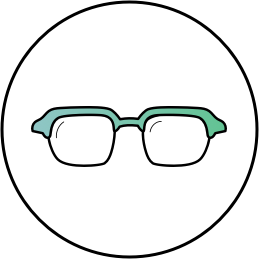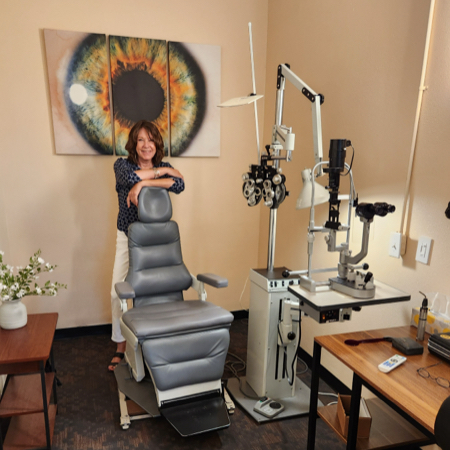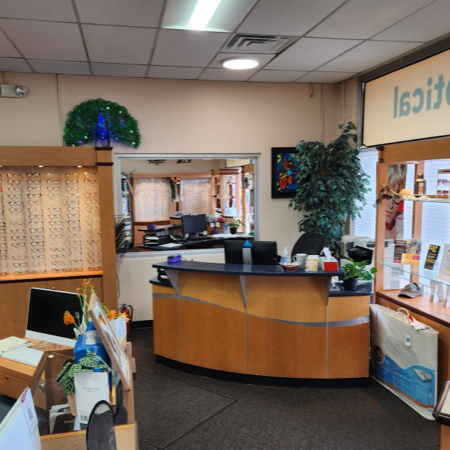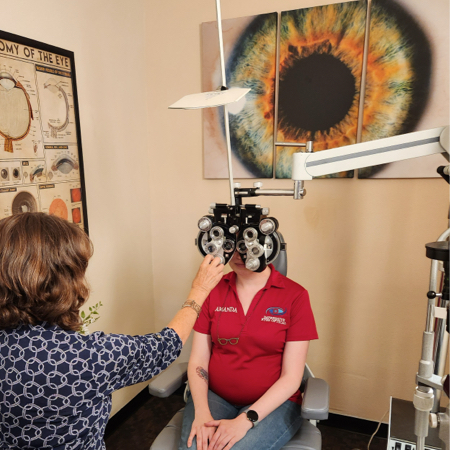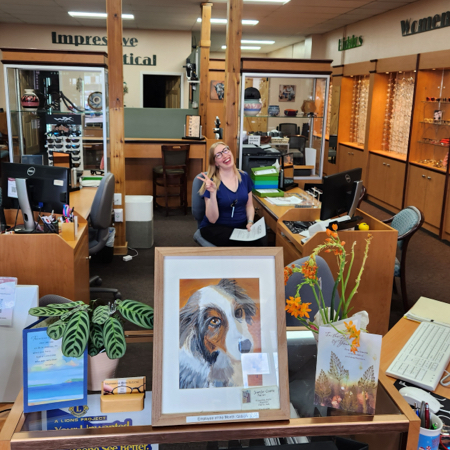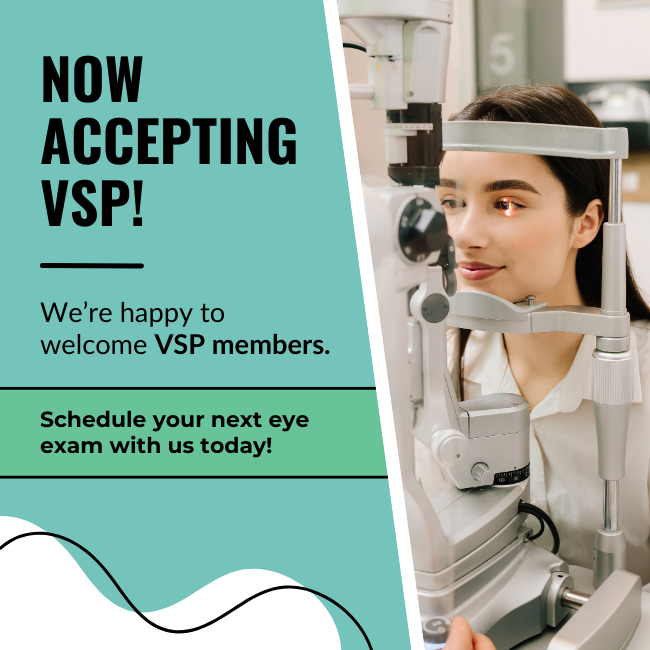Vision impacts nearly every part of our daily lives, from reading and driving to working and relaxing. When your eyesight isn’t as clear as it should be, even simple tasks can become frustrating or difficult. That’s where corrective glasses come in.
Corrective glasses are prescription lenses that help redirect how light enters your eye, improving focus and clarity.
Whether you’re just beginning to notice blurry vision or exploring your options after a recent diagnosis, understanding how corrective glasses work can help you feel more confident about your care.
The Basics of Corrective Glasses
Corrective glasses, often referred to as eyeglasses, are specially crafted lenses mounted in frames that help correct refractive errors in the eye. These refractive errors affect how light enters the eye and hits the retina, leading to blurry or distorted vision.
By using precise lens prescriptions tailored to individual needs, corrective glasses help redirect or “correct” how light focuses inside the eye, creating sharper, clearer images.
How Do Corrective Glasses Work?
At the heart of corrective glasses are the lenses, which are designed to address specific vision impairments. Each lens bends light rays (also known as refraction) in a way that compensates for the individual’s refractive error, guiding light to properly focus on the retina at the back of the eye.
Depending on the type of vision issue you’re correcting, the lenses may take on different shapes and strengths. For example:
- Convex lenses (plus lenses): Used to correct farsightedness (hyperopia), where close objects appear blurry. Convex lenses are thicker in the middle and thinner at the edges, allowing light to converge sooner.
- Concave lenses (minus lenses): Used to correct nearsightedness (myopia), where distant objects appear blurry. Concave lenses are thinner in the middle and thicker at the edges, causing light to diverge before hitting the retina.
- Cylindrical lenses: Used to correct astigmatism, where the cornea or lens has an irregular shape that makes vision blurry at all distances. Cylindrical lenses balance light and focus it correctly for both horizontal and vertical lines of sight.
Everyone’s vision needs are different, which is why booking an appointment with a skilled optometrist is the recommended way to learn what’s right for your eyes.
What Vision Issues Do Corrective Glasses Resolve?
Corrective glasses are not a “one-size-fits-all” solution. Depending on your specific needs, your prescription will be customized. Here are the most common issues corrective glasses can address:
- Myopia (Nearsightedness): Difficulty seeing objects at a distance, often caused by an eyeball that’s too long or a cornea that’s curved too sharply.
- Hyperopia (Farsightedness): Trouble seeing close objects, typically due to an eyeball that’s too short or a cornea that’s too flat.
- Astigmatism: Blurry vision caused by an irregularly shaped cornea or lens.
- Presbyopia: Age-related loss of near vision, leading to difficulty reading or focusing on close-up tasks.
If you’re experiencing issues with your vision, don’t hesitate to book an appointment with your optometrist today.
Who Needs Corrective Glasses?
If you’ve been squinting at road signs, struggling to read fine print, or experiencing frequent headaches, it may be time for a vision checkup. Corrective glasses are recommended for anyone experiencing refractive errors, as diagnosed by an optometrist or ophthalmologist.
Here at Impressive Eyes Optical, we believe early detection and correction are beneficial for maintaining optimal vision. Whether it’s your first pair of glasses or an update to your current prescription, your eye care needs are our top priority.

How to Choose the Right Corrective Glasses?
Choosing a pair of corrective glasses goes beyond the prescription; it’s also about selecting frames, lenses, and styles that suit your lifestyle. Here are some tips to get started:
- Lens types: Depending on your condition, your optometrist may recommend single-vision lenses, bifocals, trifocals, or progressive lenses. Each of these types serves specific vision needs.
- Frame fit: Glasses should rest comfortably on your nose and behind your ears. Too loose, and they’ll slip. Too tight, and they can cause discomfort.
- Durability: If you lead an active lifestyle, consider impact-resistant lenses or flexible frames designed to withstand the day-to-day hustle.
- Style & personality: Glasses are more than just functional; they’re a fashion statement. Bold, retro, minimalist, or colorful—we’ve got options for everyone at Impressive Eyes.
- Lens coatings: Features like anti-reflective coatings, UV protection, and blue light filtering can provide additional comfort and protection.
At Impressive Eyes Optical, our expert team can guide you through every step of the process to help find you glasses that fit your needs and style preferences.
Take the Next Step
Corrective glasses can transform how you see the world. If it’s time for your next pair, schedule an appointment at Impressive Eyes Optical today! Our team is ready to help you choose the perfect glasses to meet your unique needs. Remember, we’re not just here to improve your vision—we’re here to improve your experience. Book your appointment today and discover the difference at Impressive Eyes Optical.


